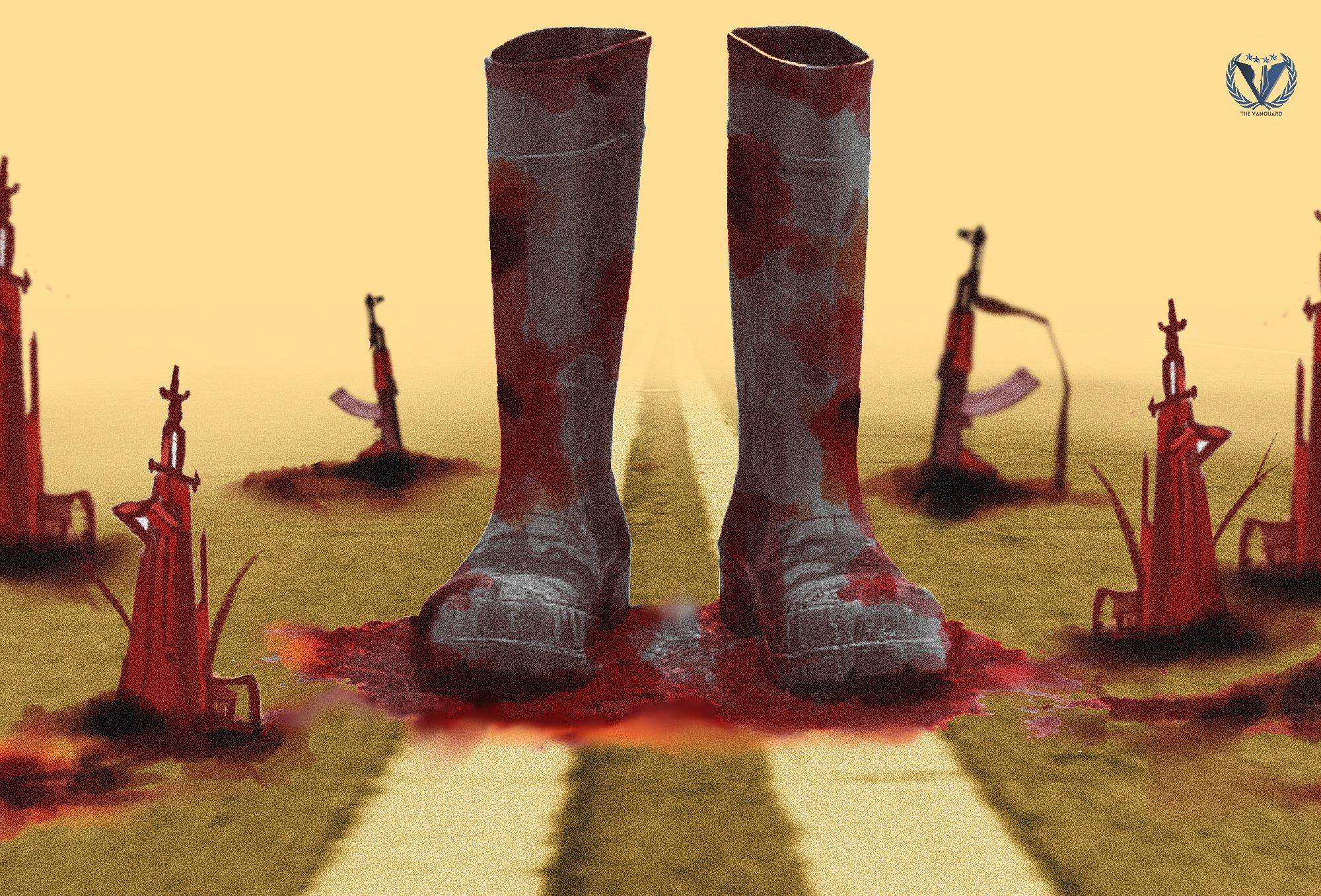Fresh from the hope-inducing revolt against a tyrant, farmers gathered in Mendiola to exact the sweet promise of land rights from the Cory Administration. This democratic exercise was met, however, by a familiar experience of hostility in the blood-tainted hands of men in uniform. Known as the Mendiola Massacre, it has become an imprint of the bloody history of land reform in the Philippines, memorializing the injustices under an elite-dominated system that flirts with neoliberal policies.
Following the fall of the Marcos administration, former President Cory Aquino promised the farmers a genuine land reform. However, the high expectation of justice and fairness promised by the reinstitution of democracy was immediately shattered on January 22, 1987. With no intention to peaceably quell the mobilization, the state forces opened fire on the farmers and peasants, causing 13 deaths and injuring 50 farmers. Since then, the Mendiola Massacre has been well cited to indicate false hope and deception.
Due to pressure from public outcry, the government passed the Comprehensive Agrarian Reform Program (CARP) one year after the Mendiola Massacre. Contrary to popular belief, CARP was merely a “facade” implemented solely to save the administration’s reputation. A lot of the given land was not even controlled by the farmers themselves and was rarely given attention by the government. The majority of beneficiaries lacked the expertise of wealthy landowners in business and were frequently taken advantage of. With high production costs worsened by neoliberal policies in place, some farmers had no choice but to renounce the land given to them.
Thirty-six years have gone by and the solution to the perennial problem remains elusive for Filipino farmers. To this day, no one has been held accountable for the massacre, and a genuine land reform has yet to materialize. The government, whose job is to uphold human rights, has become the main driver of bloodshed. Case in point, the Congress is still infested with landowners who use their power granted by the people to advance their interest at the expense of the masses. Unfortunately, our hard-fought democracy has been hijacked once again by the elite.
Perhaps, we have successfully formalized our intention at least on paper to leave our dark history behind. The ratification of a new constitution, however, has not translated into the end of injustices committed against our farmers. On October 20, 2018, 9 members of the sugar workers association were killed in a shooting incident in Negros Occidental during a “bungkalan” or a land cultivation activity in Hacienda Nene. Said to be beneficiaries of the land reform, the killing of the farmers has been linked to a land conflict.
It is not surprising, therefore, that Global Witness ranked the Philippines in 2020 as the deadliest country in Asia (third in the world) for environmental and land defenders. If they are not being killed, the farmers are brutally burdened by unfair agricultural policies. In fact, the Philippine Statistics Agency reveals that the agriculture sector has the highest poverty incidence among the basic sectors in the country. With little to no government support, agricultural imports, high production costs, and rising trade deficit, the agriculture sector’s share of the Philippine economy was only 10% in 2018 – a huge decline from its 40% GDP share in the 1960s.
Almost four decades since the Mendiola Massacre, the struggle for land reform continues. It is still covered in blood, waiting to be heard and hoping that one day, the Genuine Agrarian Reform Bill will be passed to break the system away from the landlord-centered reform. The lack of justice and accountability for the massacre and all the bloodshed only convince the masses to continue the fight as an ode to farmers who shed blood fighting for their rights.
To remember the lives lost, we must win the fight they courageously ignited.
Article: Cearlyn Angela A. Luceña
Graphics: Justine Antonio Cueva
